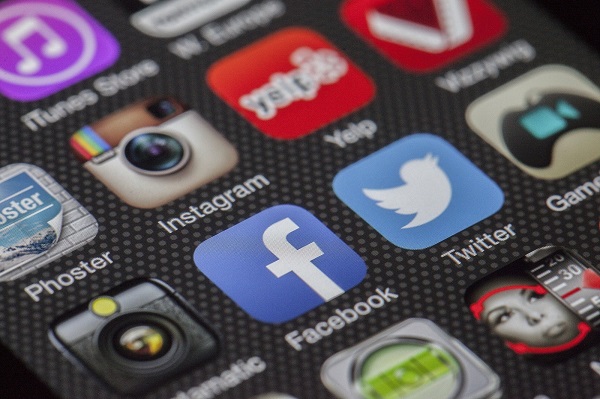New York, A new study has revealed that the more people feel they are exposed to fake news on social media on a regular basis, the more they are likely to distrust the media in general.
The study’s findings, published in the African Journalism Studies journal, revealed that places such as sub-Saharan Africa, where disinformation campaigns have been used recently to influence electoral campaigns, perceive that exposure to disinformation is high and trust in national media and social media is low.
For the study, the researchers included nearly 1,900 people in Kenya, Nigeria and South Africa who are highly educated, live in urban, middle class areas and have access to social media.
As many as 90 per cent of Kenyans, 93 per cent of Nigerians and 76 per cent of South Africans believe that they are exposed to false news about politics on a fairly regular basis, the study found.
In a 2016 Pew Research Center study which sampled just over 1,000 Americans, 71 per cent of respondents said they often or sometimes saw fake political news.
“We found that people in sub-Saharan Africa particularly distrust information on social media, such as Facebook, Twitter and WhatsApp because that’s where they find ‘fake news’ most often,” said Dani Madrid-Morales, Assistant Professor at the University of Cape Town, South Africa.
“Governments are already using this as an excuse to put restrictions on media by saying that too much freedom of speech on these American platforms poses a ‘danger’ to national security,” he added.
When it comes to sharing a political story that study participants knew at the time was made up, 29 per cent of Kenyans, 18 per cent of Nigerians and 25 per cent of South Africans answered “yes.”
These numbers are higher than the US where 14 per cent of participants answered “yes” in the Pew study.
The researchers said that when disinformation campaigns challenge access to reliable information, citizens are left to make “uninformed choices”.










